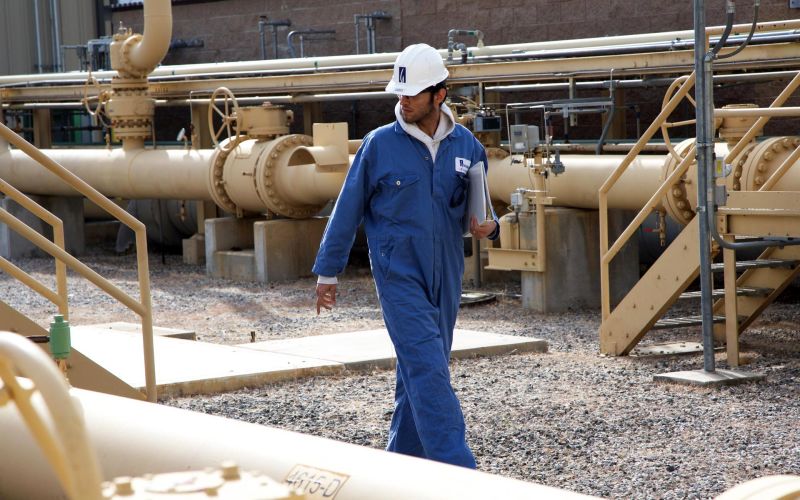State oil and gas regulators have approved temporary regulations governing underground gas storage, a stopgap measure aimed at improving oversight of fields like the one in north Los Angeles County, where a massive methane leak has been spewing for months. The leak has forced thousands of residents of nearby Porter Ranch to flee their homes, including California's secretary of state.
Southern California Gas Co. wells at Aliso Canyon are among more than 300 scattered over 12 gas fields around the state subject to the new regulations, which took effect last Friday. The Department of Oil, Gas and Geothermal Resources developed the rules in response to an executive order from Gov. Jerry Brown.
The new rules emphasize more regular inspection and monitoring for the integrity of wells. Utilities will verify mechanical integrity and gas pressure, inspect wellheads daily, establish safe pressures for the gas flow at fields, and develop comprehensive emergency management plans for storage areas.
SoCalGas and other utilities have indicated general support for the emergency regulations, even though state officials have estimated that the additional mandates could cost $2 million a year in salaries.
